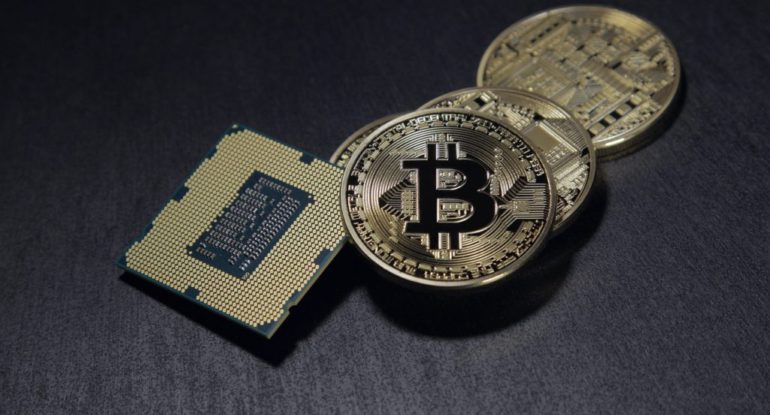Indians cannot stop trading cryptocurrency despite the ban

Despite the ban imposed by the RBI on Indian cryptocurrency exchanges, the citizens are eager to trade a lot more than before. While exchanges like WazirX and Koinex have resorted to P2P trading, Dabba trading, a common feature of the stock market, is being heavily used for trading these virtual currencies.
As reported by Business Today, Dabba trading,
“is a process by which a broker does not execute the trade on its system connected with commodity or stock exchange and carries out trade using an overseas bank trading account by transferring money through hawala network.”
In the case of stocks, these overseas bank accounts are usually based out of Europe, especially in U.K and Dubai.
The price volatility of Bitcoin has contributed to the manifold increase in Dabba trading in the cryptocurrency space. The RBI had cut the support of banks to cryptocurrency exchanges in order to prevent illicit transactions and black money in the nation but it seems that the move has backfired on them.
Traders facilitating such trades in India are based out of Ahmedabad, Surat, Rajkot, Kolkata, and Mumbai. They buy currencies with an overseas bank account after receiving money from the client in cash and then sell them when the bet placed in India is settled. As mentioned above the money is routed through hawala networks and the communication for such trades happen through apps like Telegram and WhatsApp that offer end-to-end encryption.
Traders who do not want to take the risk of using hawala networks usually open banks accounts in India as well as abroad. The customer then deposits the money in the Indian bank account which is then routed to the international bank accounts to make execute trades. In the end, the difference is paid back to the investors in cash.
The annual remittance limit of $2,50,000 imposed by India circumvented by operating their businesses through cash or cheque.
The existence of the cash market in India is not a new thing but has massively jumped in terms of volume since the RBI ban. The nation yet awaits to see the fate of cryptocurrencies on 11th September 2018 when the RBI gives its judgment on trading and usage of cryptocurrencies.
Add a comment
You must be logged in to post a comment.




























































